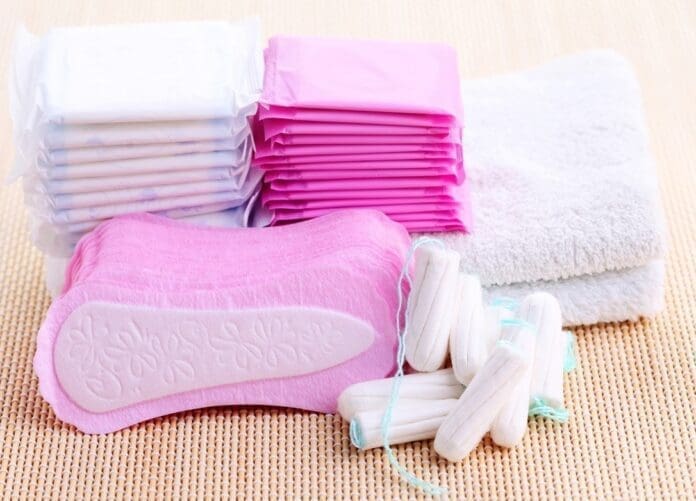The Ghana Education Service has distributed over 6.6 million sanitary pads to schoolgirls across all 16 regions, marking this year’s International Day of the Girl Child with a practical intervention aimed at keeping girls in classrooms during their menstrual periods.
The distribution, announced by GES Head of Public Relations Daniel Fenyi, forms part of the government’s ongoing commitment to provide free monthly sanitary products to girls from basic through secondary school. It’s a recognition that something as routine as menstruation shouldn’t become a barrier to education.
This year’s commemoration carried the theme “The Girl I am, the change I lead: Girls on the frontlines of crisis,” which GES said underscores the collective responsibility to empower every girl through education and personal development. But beyond the ceremonial aspects, the pad distribution addresses a genuine problem that affects school attendance rates.
Research has consistently shown that inadequate access to menstrual hygiene products forces many girls to miss school days each month. Some stay home out of necessity, lacking the supplies they need. Others attend but struggle to concentrate, worried about potential embarrassment. The cumulative effect over years of schooling can significantly impact academic performance and retention rates.
The government’s free sanitary pad programme attempts to eliminate this obstacle entirely. By providing monthly supplies throughout girls’ school years, officials hope to ensure that menstruation becomes a manageable routine rather than an educational disruption. The scale of the current distribution, reaching 6.6 million pads, suggests authorities are taking the commitment seriously.
GES framed the initiative as part of building a more inclusive and equitable education system. In its statement, the service reassured schoolgirls of its dedication to their welfare while encouraging them to remain focused on their studies and take full advantage of the opportunities being created.
The programme also carries broader implications for gender equality in education. When girls miss school regularly due to menstruation-related issues, they fall behind academically, which can lead to dropping out entirely. This perpetuates cycles of limited educational attainment and reduced economic opportunities for women. Addressing menstrual hygiene management, then, becomes about more than just providing products; it’s about removing systemic barriers that disproportionately affect female students.
GES acknowledged the Ministry of Education’s role in operationalizing what it called a “life-changing initiative” for schoolgirls nationwide. The ministry’s involvement suggests this isn’t a one-off gesture but part of sustained policy implementation.
What remains to be seen is whether the distribution network can maintain consistent monthly supplies as promised. Large-scale logistics involving all 16 regions present real challenges, particularly in remote areas where supply chains can be unreliable. Schools will need efficient systems for storing and distributing the pads discreetly, respecting girls’ privacy while ensuring access.
There’s also the question of sustainability. Government programmes can face funding pressures or shifts in priorities, especially around election cycles. For this initiative to truly make the intended impact, it needs to become institutionalized rather than dependent on periodic political commitments.
Still, for now, the 6.6 million pad distribution represents tangible action on an issue that directly affects girls’ educational experiences. Whether it translates into measurably improved attendance and performance will depend on consistent implementation and the willingness to address whatever gaps emerge as the programme unfolds across diverse school settings nationwide.
Source: newsghana.com.gh











